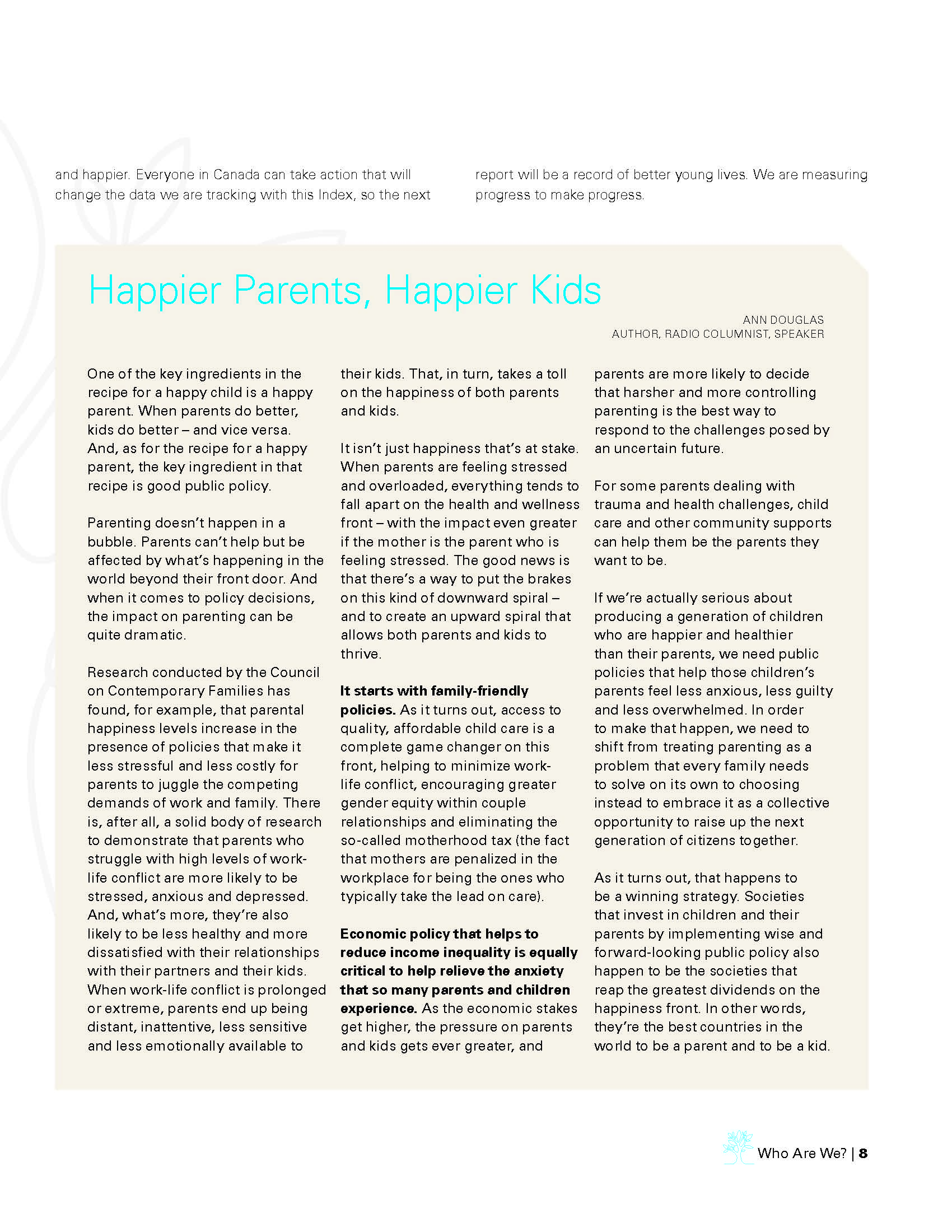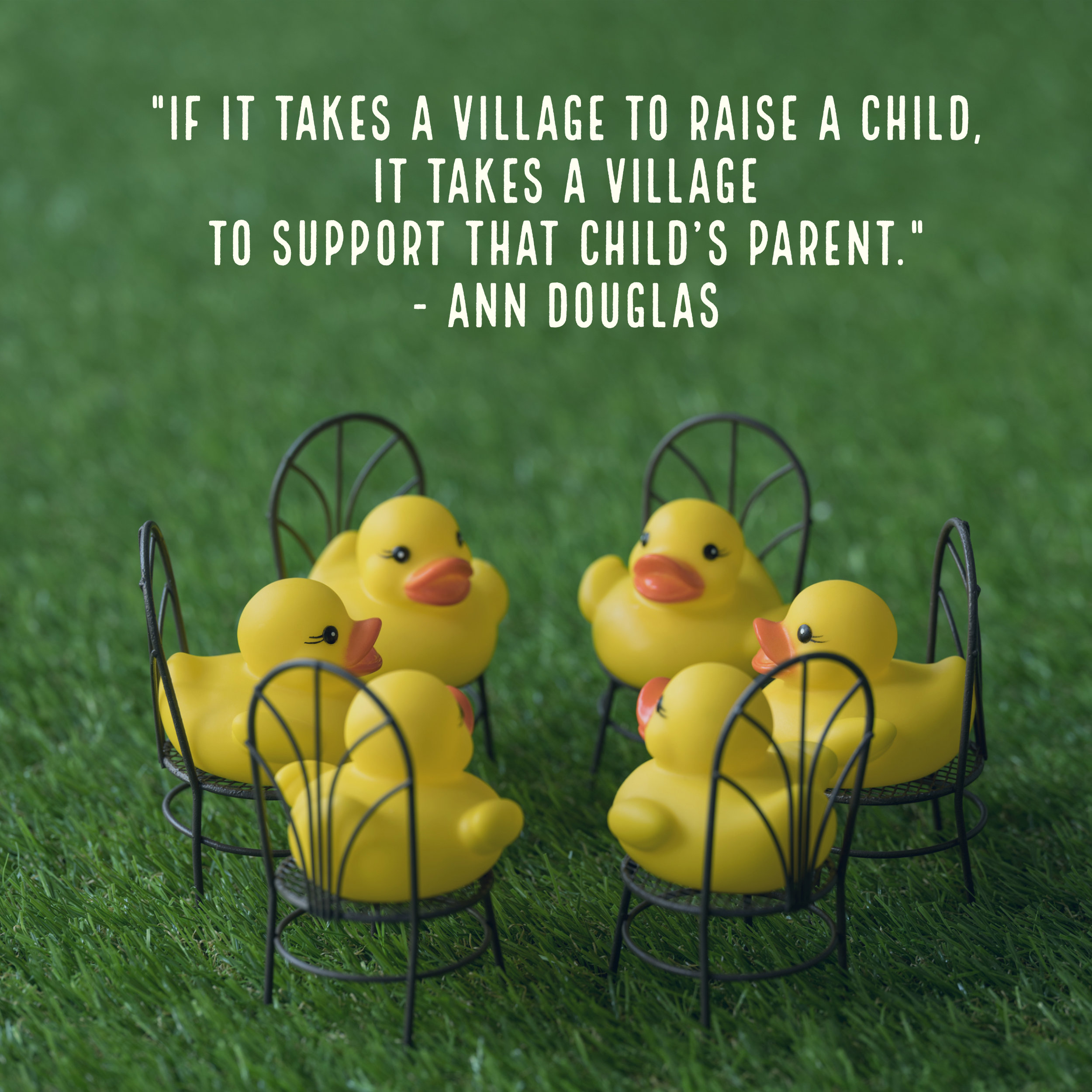Welcome to Book Pairings — a brand new blog feature that is designed to help you find other books you might enjoy reading.
I’m assuming that if you’re a regular reader of this blog, you’ve probably read one or more of my most recent books (Happy Parents, Happy Kids, Parenting Through the Storm, or the newly updated edition of The Mother of All Toddler Books, for example).
That’s great (and, trust me, I’m grateful), but there is an entire universe of other great books you might want to know about as well.
Books that were written by someone other than me.
Books that somehow relate to the big ideas in many of my books: things like community and connection and resilience and parenting in ways that work for both parents and our kids.
Books that I loved and that I’m pretty sure you’re going to love, too.
And that’s what this new feature is all about: helping you to discover some other really great books. We are, after all, living in an age of information overload: a time when it’s increasingly difficult for books to find readers and readers to find books that they are guaranteed to love. That’s why I’m stepping in to do a bit of book matchmaking myself. It’s my attempt to be of service to both my readers and to the many authors whose work I really like and respect. Wherever possible, I’ll be including a mini-interview with the authors of those books. I think that helps to make things more interesting for you and it gives me a great excuse to connect with some of my fellow authors. It’s pretty much a win-win in other words.
So without any further ado, here’s the first book pairing.
Book Pairing #1: If you loved Happy Parents, Happy Kids, you’ll love Dr. Vanessa Lapointe’s brand new book Right From The Start
Right from the Start (which is being published today) is a guide to getting parenting off to the happiest, healthiest start during the baby and toddler years.
Psychologist Dr. Vanessa Lapointe has written a wise and intuitive book that takes gets at the magic of parenting. Dr. Vanessa sees and celebrates the transformative elements of parenting: the fact that parenting is a life-changing experience for parents as well as kids. The fact of the matter is that none of us are ever truly done learning and growing — and now we have the opportunity to learn and grow alongside our kids.
This is a key theme in my most recent book, Happy Parents, Happy Kids — and it’s something I talk about a lot in my weekend parenting column for CBC Radio. The reason is simple: I find this tremendously inspiring. We don’t have to be perfect. We don’t have to have all the answers upfront. We simply need to commit to learning and growing with our kids.
A few weeks back, I took the opportunity to connect with Dr. Vanessa Lapointe to talk with her about her new book. What follows are the highlights of that conversation. (I’m the one asking the questions and she’s the one giving the answers.)
Q: Why is it so important to “do your own work” as a parent? How does this make parenting easier and less stressful?
A: Becoming a parent brings with it entry into the parent-child relationship for the second time in your life. You’ve been in this kind of a relationship once before, when you were a child. This familiarity means that we can fall quickly into old patterns that were established for us in our own childhood. So even though you swear up and down you will do this differently or better, your subconscious programming will reactively take over. You want to stop yelling at your kids but you just can’t seem to jump on those shouts before they fly out of your mouth. You want to feel confident as a parent but no amount of self pep-talking seems to make any difference. This is how we are pointed to our own work. When we grow ourselves we can step in from a place of heart and strength to really grow our children in the best possible way. And while none of that is easy, it is decidedly worth it for the significant reduction in stress that you will experience alongside a huge increase in general ease and happiness with life.
Q: How important is it to connect with other parents who are just as committed to doing this work? Are there advantages to learning and growing alongside other parents and building a supportive community for yourself and your kids?
A: As parents we were never meant to go this alone. Having a village or community of like-minded people who can champion and support you is really key when it comes to feeling like you’ve got this thing called parenting. To have a community that you can turn to on a hard day, or when something comes up that you aren’t really sure about helps parents to feel not quite so alone. Wouldn’t it be a wonderful thing if parents everywhere had that kind of daily support? The trickle down impact for our children would be incredible! Kids don’t grow in isolation. As Urie Bronfenbrenner put forward with his ecological theory of development, they are nested in families and in communities and those nested influences are incredibly important in terms of developmental outcomes.
Q: What is your best advice to parents who may secretly worry that they don't actually have what it takes to be a good parent? (I think a lot of parents carry around this secret fear.)
A: I almost think we are wired culturally to run what I call a “not good enough” program. We live in constant fear of doing it wrong. But what if I told you that was just a story? What if it isn’t actually real? What if all along we have been perfectly wired up as humans to be incredibly brilliant at raising our young? Imagine if that were our story instead?! Think about the voice in your head that has you thinking you might not be a good parent. Hear that voice and understand that voice. And then, let that voice know that the real you has got this. And lean in to the possibilities of what comes with feeling like you’re going to get it figured out.
Ann Douglas is the author of numerous books about pregnancy and parenting including, most recently, Happy Parents, Happy Kids. She is also the weekend parenting columnist for CBC Radio.







